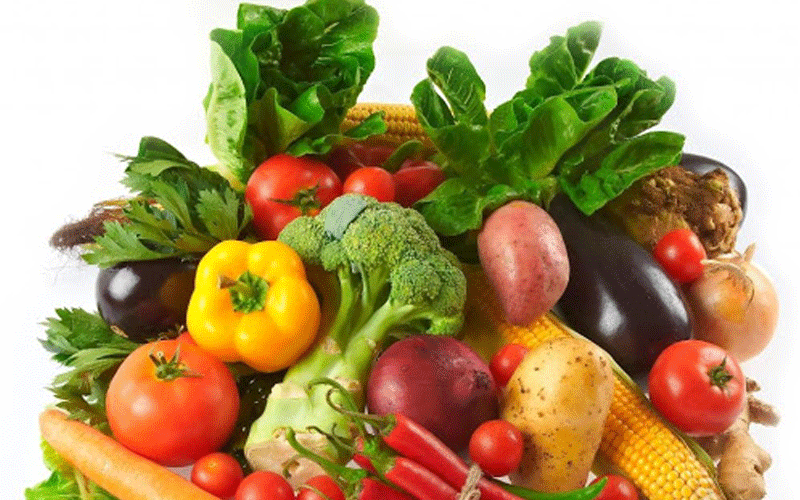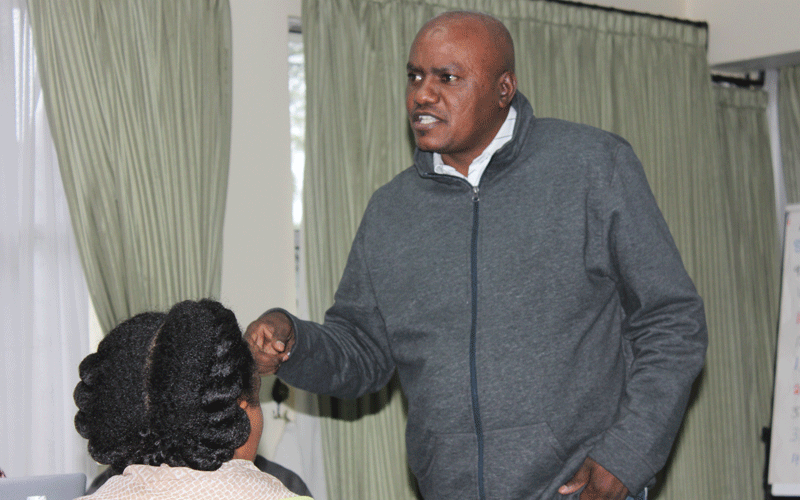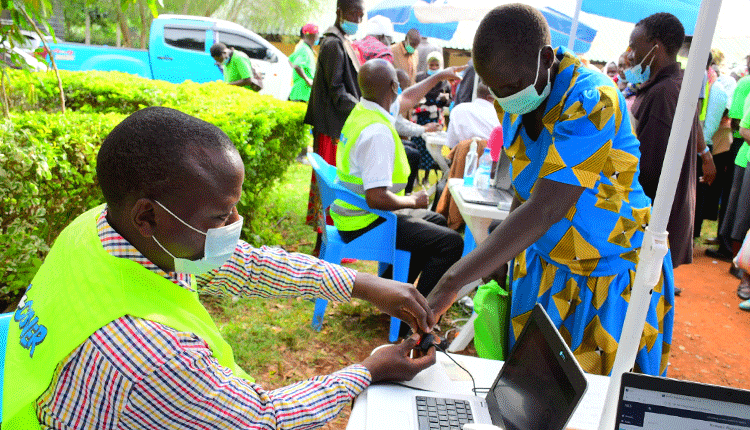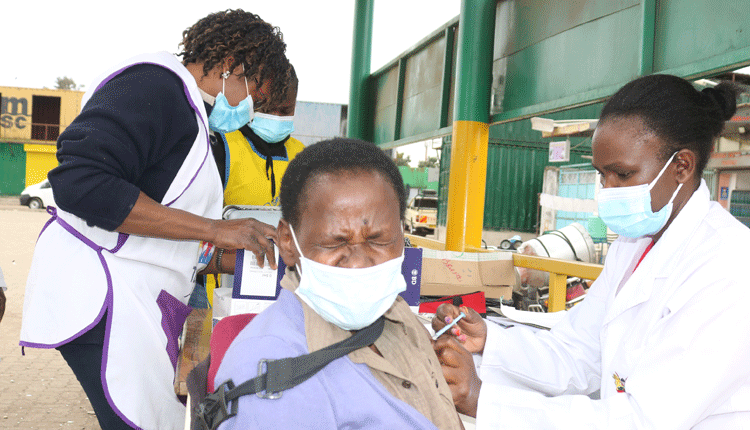Nutrition crisis looming, thanks to Covid-19 pandemic

Disruption of supply of vital nutrients by the pandemic means the future is bleak for vulnerable groups including the sick, pregnant women, elderly and children.
Evelyn Makena @evemake_g
For more than 10 years, Justus* has managed to religiously adhere to his daily medication. Diagnosed with HIV in 2009, the 30-year-old has worked hard to ensure that he has a meal to eat daily to avoid taking medication on an empty stomach.
However, for the past few months since he lost his source of income, he has not been consistently adhering to antiretroviral therapy (ARVs).
On certain days, he has to decide whether to swallow the daily pill without eating or to skip it and risk weakening his immune system.
“It’s a difficult decision to make. Taking medication on an empty stomach makes the body so weak. So, I opt not to take the daily pill despite being fully aware of how it will impact my health,” he says.
Economic crisis
When the COVID-19 pandemic broke out in Kenya in March, Justus had been volunteering as a secretary for a local NGO in Nairobi.
At the end of the month, he would receive a stipend for his rent, food and other necessities.
Weeks after the first case was reported in the country, the NGO cut down its operations and sent its staff home, effectively cutting off Justus’s only source of income.
In the initial weeks, he decided to forego some meals in a day to keep his food supply longer and stretch his money a little further.
But with every passing day, Justus says he is running out of ideas on how to put a meal on the table pushing him at the brink of starvation and eroding the progress he has made in his treatment.
“I risk having a higher viral load and developing resistance to drugs because of skipping my medication,” he adds.
In the immediate aftermath of the pandemic outbreak in the ountry, people have lost jobs and businesses closed down leading to reduced food availability and affordability.
The economic crisis occasioned by Covid-19 is among other factors that have led majority of Kenyans to suffer acute food insecurity. Covid-19 health crisis threatens to deepen an already existing food crisis.

The 2019 long rains assessment carried out by multi- agency body, Kenya Food Security Steering Group (KFSSG) and County Steering Groups shows that 2.6 million people face acute food insecurity.
Restriction of movements, social distancing, closure of markets, and dusk to dawn curfew has disrupted food supply chains denying people access to healthy and affordable food, notes Philip Kilonzo, Head of Programmes Policy and Campaigns, ActionAid Kenya.
“While the measures put by the government are commendable, the response towards the crisis is more public health oriented. Agriculture is not receiving enough attention in response to Covid-19,” he says.
Experts have sounded the alarm about a possibility of current food insecurity increasing levels of malnutrition.
“The disruption of routine healthcare services, including community based nutrition programmes that support prevention and treatment of infections will contribute to an increased burden of malnutrition,” says Dr Adelheid Onyango, regional adviser for nutrition, WHO Africa.
The impact of poor nutrition is even heavier on vulnerable groups such as the chronically ill, expectant women, the elderly and children.
Adelheid notes that routine services, especially those that cater for maternal and child health and chronic conditions such as diabetes, cancer and cardiovascular diseases have been disrupted as facilities repurpose for Covid-19 response.
Lack of access to health services coupled with poor nutrition could exacerbate disease and complicate existing conditions.
“The elderly tend to be marginalised, and lockdown and confinement measures could further limit their access to food and care if they are isolated from their families or care providers,” she adds.
In the long-run, poor dietary practices occasioned by Covid-19 could lead to rise in incidences of non-communicable diseases.
“There is higher likelihood of stocking up on processed foods that are high in calories, added sugars, salt and low in nutrients with limited access to fresh fruits and vegetables,” says Adelheid.
The consumption of such a diet, coupled with limited physical activity because of being confined at home, Adelheid says, could increase the burden of obesity associated with non-communicable diseases.
“The psychological challenges of social distancing could also lead to increased consumption of alcohol and comfort foods that tend to be high in salt, sugar and fat,” she adds.
Statistics by the Ministry of Health show that Non-communicable diseases such as cancer and diabetes account for 27 per cent of total deaths and over 50 per cent of hospital admissions in Kenya.
To respond to the food crisis occasioned by Covid-19, the government published a gazette notice in April to import four million bags of maize.
This approach, Kilonzo notes, is ill-informed since the country is not facing food scarcity but rather a disruption of the supply chain.
Government measures that heavily reliant on external inputs do not promote sustainability and resilience. Importation of food at this time disadvantages smallholder farmers who make 80 per cent of food producers in Kenya.
Kilonzo says there is the need for the country to build resilient food systems to bolster food security, especially in times of crisis.
A position paper on building resilient food systems drafted by a group of civil society organisations including Actionaid recommends keeping the food supply chains open during the pandemic.
“Unlike the 2007-2008 global food crisis, scarcity is not the issue, but connecting the producers to consumers.
The government should harmonise across counties, the guidelines on food commodity flow and supply during Covid-19 pandemic,” reads an excerpt of the position paper.
Additionally, it recommends increase of budgetary allocation towards agriculture to 10 per cent as stipulated in the Maputo Declaration to bolster food security.
Agriculture sector was allocated Sh52 billion or 2.9 per cent of the total budget in 2019/2020.
The position paper also recommends expansion of social protection programmes to incorporate right to food in terms of choice, quantity and nutritional quality while giving priority to the most vulnerable households.
In March, the government committed an additional Sh10 billion to the elderly and vulnerable groups through cash transfer to cushion them from economic effects of covid.
Adelheid says such social protection measures targeting vulnerable groups are important in cushioning communities from the nutritional shocks during the pandemic.












